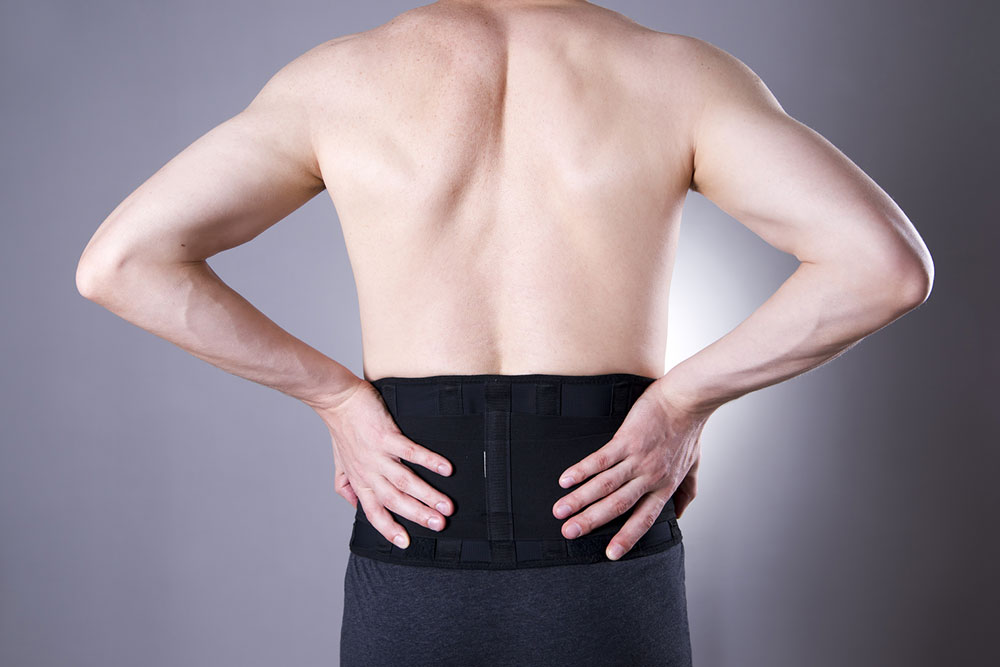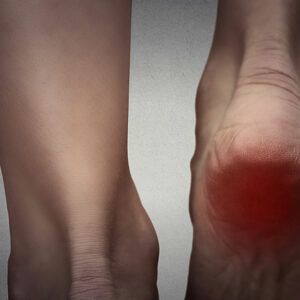Symptoms of Scoliosis and Ways to Treat It

Any kind of abnormal curvature of the spine is called as scoliosis. For any person, the spine has one curve at the top of the shoulder and one curve at the lower back. But if you see anyone having a curve from side to side, in the shape of C or S, then that condition is called as scoliosis. There are can be many reasons for this problem like genetic conditions and birth defects and it can also be due to the neurological abnormalities. These kinds of changes of the curvature occur during the stage of growth like puberty.
Symptoms of scoliosis
The symptoms of scoliosis will depend on the degree of the problem or curvature a person has. The scoliosis treatment will also depend on the degree and symptoms of this problem. Here is a list of symptoms that you can see in a person having this problem.
- The shoulders of the person suffering from scoliosis are going to be uneven.
- The shoulder blade of one shoulder appears to be higher than the other shoulder blade.
- The shoulder blade of one shoulder sticks out than the other shoulder blade.
- The spine rotates.
- Severe back pain.
- The functioning of the lungs is disturbed as the chest space is reduced due to the spine curvature.
- One hip appears to be higher than the other hip and they appear uneven.
Usually, you should consult a doctor when you see any of these symptoms. Your doctor is going to work toward controlling the symptoms from getting worse. You need to get started with the scoliosis treatment as soon as possible in order to avoid any complications.
Treatment of scoliosis
In most of the cases, scoliosis treatment is not required for the children as the curves are mild. The doctor will keep checking them for every 3 to 6 months in order to make sure that the curve is not getting worse.
There are basically two treatment options available for scoliosis:
- Braces
- Surgery
Braces
Usually, for mild scoliosis, treatment is not required. But for moderate scoliosis, treatment has to be started. When the bones are still growing in the child, the doctor is going to recommend braces. This is one of the most common scoliosis treatment options that most doctors recommend. The curve that the child already has will not be cured with the help of the braces, but they can help in stopping further curves of the spine.
The most common type of braces are made of plastic and can be worn in the day and night. You can do any kind of activity when you are wearing the braces as there are just a few restrictions. The longer you wear the braces, the higher is the effect of the braces on the curves. The braces will be removed when the bones stop growing. In simple words, when there is no change in the height of the child, the braces can be removed.
Surgery
Another scoliosis treatment option is surgery and this is required when scoliosis has reached a severe stage. This kind of treatment option is suggested to prevent the spinal curve and also stops the condition from getting worse. This treatment for severe scoliosis is called spinal fusion. Two or more vertebrae or the spine bones are connected together. That means these bones will not be able to move individually. Bone-like material is also placed between these spine bones which are being connected together. With the help of screws, hooks or metal rods, these bones that are connected are held straight without moving. This will help to keep them still while the new and old bones fuse together.
There may be certain complications like infection, bleeding, pain, nerve damage or other health issues with these kinds of surgeries, but it is safe. Only in rare conditions, the bone fusion may not happen and another surgery may be required.
Factors to consider
There are many factors that are considered before the treatment is decided for the person suffering from scoliosis. Some of these factors include:
- The sex of the person, as girls are at a higher risk of curvature growth compared to the boys.
- If you are having a large or severe curve, then they are at higher risk of getting worse. So, it is good to get started with the treatment, then waiting for it to get worse.
- The maturity of the child is another factor because if the bones stop growing, the risk of scoliosis getting worse also reduces. Therefore, you may not need further treatment.
- The pattern of the curve.
- Location of the curve.
You can opt for any of the above-mentioned treatment options. However, it is strongly advised to seek medical consultation before proceeding with any line of treatment.



